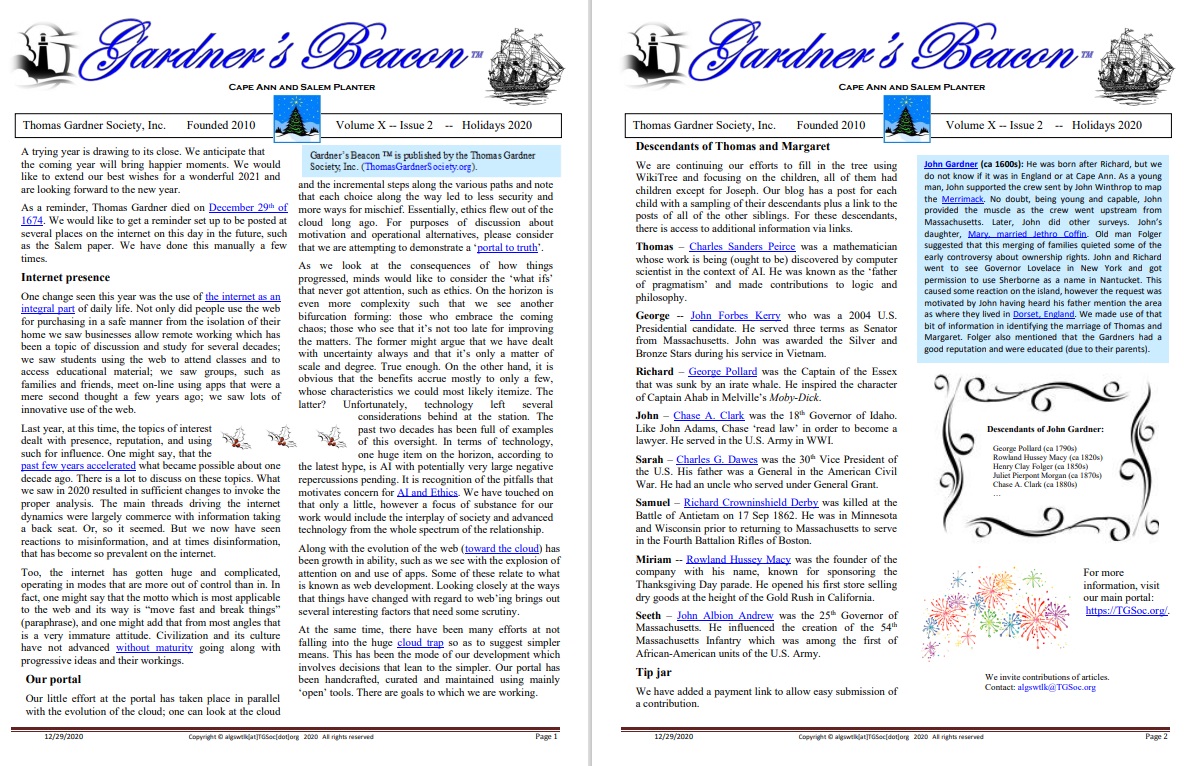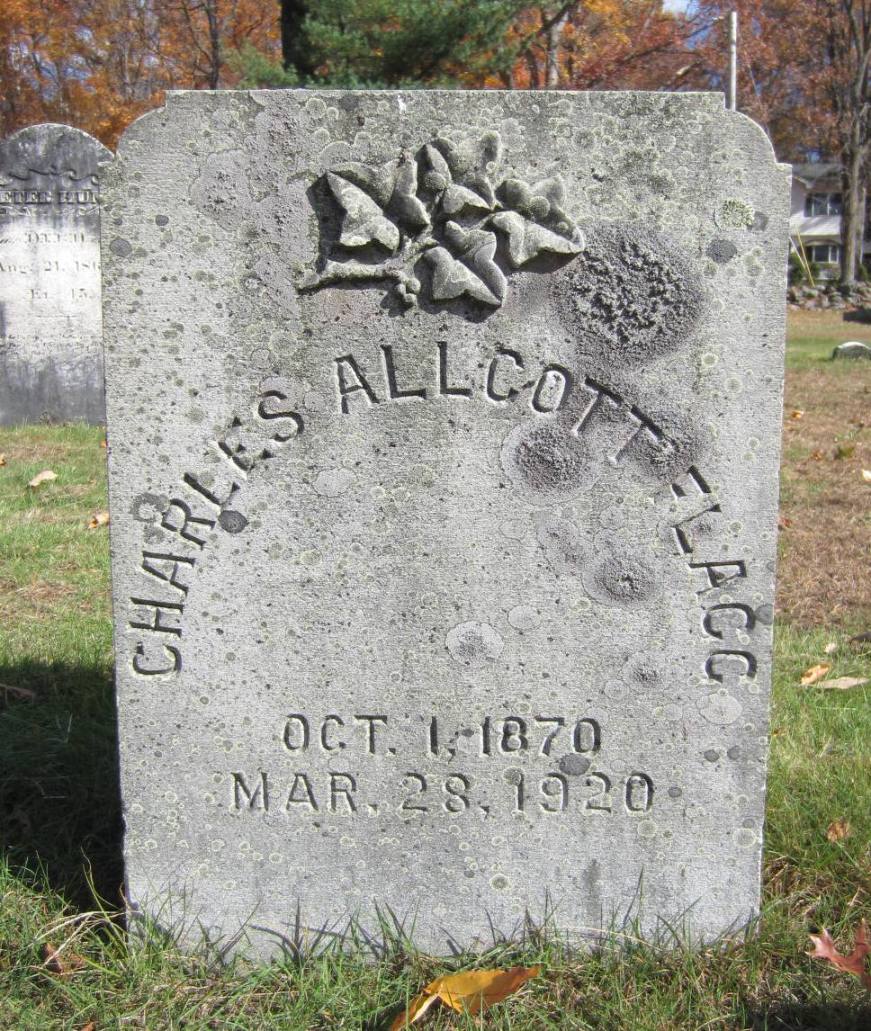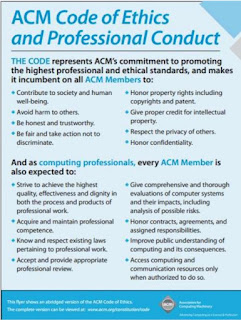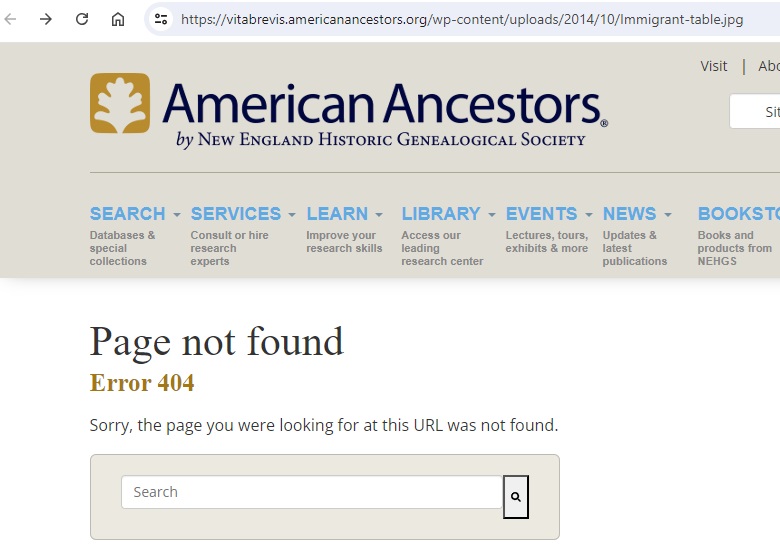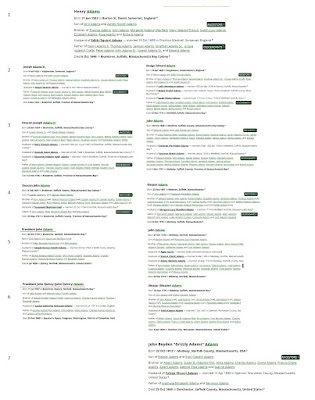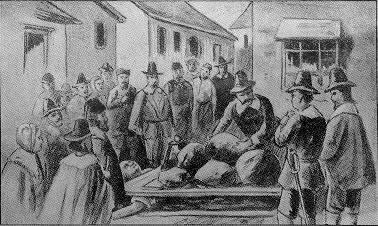TL;DR -- Continuing theme that might become more major than not.
---
It has been encouraging of late to see several things happening, almost concurrently. Let us just list these with some comment. As a reminder, our portal (TGSoc.org) is where we support 'content' for things dealing with all aspects of the Thomas Gardner Society, Inc. as well as our interest in All Things Gardner.
With this listing, we have to take little side trips (with curating being done a little later). There have been several studies being done that were disparate for the most part but had overlap, too. That, folks, is how life is. And? The computer has messed things up. Why? It'll provide a nice, beautiful numeric overlay that almost looks real. We can talk two senses, for now: where simulation reigns and appears as if to mimic nature (not, folks, as even with a tightly bound, smart sensor/reactor scheme, there is residue from the operational mathematics underlying the computational - basically, a rephrase of what the academics (CompSci) talk about, but not); or, in robotics, where we have seen the evolution come to machine learning, there is still that reliance upon the numeric/compute dynamic which looks very smart with its quick, huge abacus collective - marvelous - which by no means approaches intuition of the talented human.
Now, that's a mouthful, but it's offered liked Halloween candy, yet not. Our problem is how to bring more than hermeneutics into the technical experiences of now. And, we can learn from the past. Need to. The issue, though, is that the past five decades have us now in a bind of unknown proportions and types. This is not a political observation. No, of course, human affairs are complex. And, people have to make decisions. That's the point; offloading our responsibilities to a computer (with origins in Silly Valley or China or elsewhere) does not wisdom make (think Emerson, for one - yes, we have 400 years to look at in terms of the U.S. experience).
Now, those two studies? One was look at John Gardner's relationship with Giles Corey. That covered a decade where the changes through that time were in parallel with those in the technology world. But, too, we were learning. What lesson cropped up? Curating. We need to start to spend time with that; however, it will be done in the context of content and configuration. Right now, we'll say this: one person's content is another's configuration. There are plenty of computer examples to use. Later.

Now, the other deals with an adage and breaking it. Namely, we blokes here (norte of the americanas) ought to handle our own stuff. Let us tell you, the frontier experience of the U.S. is even worse than that of the Great Migration for various reasons. Yes. England had no parallel with this. You might see it elsewhere; however our experiences (US) after the Revolution can be a huge wealth of data. So, we look at our stuff here and let the Brits do their thing on their side. But, the focus on Margaret is forcing us to look at the Fryer/Friar family which is not here. The context:
Editing Margaret's past. When one looks at Sherborne, there are many Gardner families (Dorset region). Friar seems to be lesser in size of the data set. So that is one motivator.
However, we are using technology to do this, in a manner that was not available a decade ago. The first notion of this area, beyond reading John's comments (about his talks with his father), was in 2014. There has been some indexing of a slew of images. But, people have warned of these. A lot of the work might just be stepping through images (not unlike scrolling the pages on the micrograph device), except that it's easier.
How might we say this? Looking at some of the frontier records this past summer was just that. It's astounding that we can do this work and be so blasé about what's under the covers. That is one of the reasons for this type of discussion. We need awareness that is attuned.
It's funny. we see people realizing that html/css/js is sufficient for a whole lot of stuff. In fact, there are some additions that drive a whole lot of work. Myself, we've gotten to where Julia looks good. It's Python'ish but with extensions that do serious stuff (Lisp'ish). And, it handles the front and back ends. Given the above, of course, we want to discuss the middle out. So much more to look at.
So, we'll be back to this theme on a regular basis. Curating? It applies to both content management and configuration control. Mind you, both of those have lots of other characterizations. The one truth? Roles are; the needed hat differs by role; balancing hats is what capable people do; the computer comes in and screws up the thinking with its 'magical' chimera'ish nature; many get hurt, led astray, even almost maimed, or driven into slavery (debt, for one); solutions will come from stepping back; we have lots of lessons pending that have been ignored, way too long; independent people will the the key to the future where one needs to know for oneself - 'trust but verify' is part of the solution; knowing how to do this with technology versus people are not the same skill set.
Remarks: Modified: 11/03/2020
11/03/2020 -- Added image for our portal (https://TGSoc.org). Also,
More than fiddling is more on the subject.
